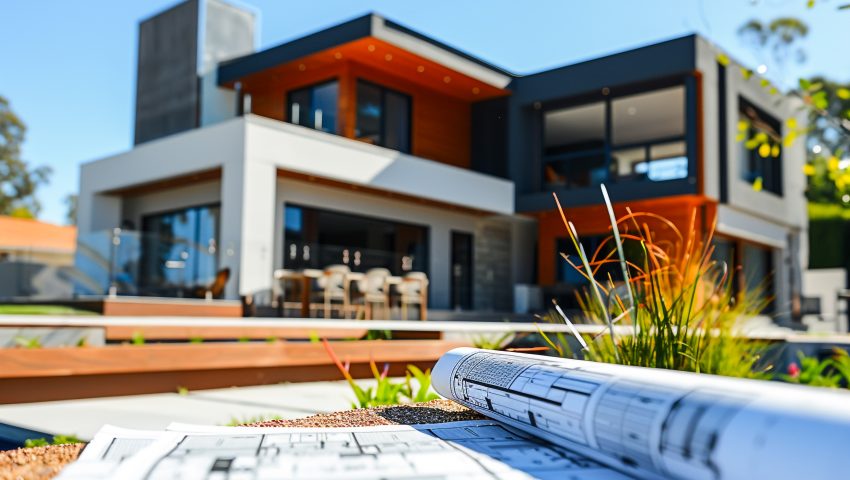Introduction
Choosing a new home is an exciting journey, but it can also be a daunting task. With so many factors to consider, it’s easy to feel overwhelmed. Whether you’re a first-time buyer or looking to upgrade, making an informed decision is crucial to finding a home that suits your needs and lifestyle. This comprehensive guide will walk you through the essential aspects to consider when selecting your perfect new home.
1. Location Matters
The adage “location, location, location” holds true for a reason. The location of your new home will significantly impact your daily life and future property value. Here’s what to consider:
- Proximity to Work and Amenities: Choose a location that minimizes your commute and offers easy access to essential services such as schools, hospitals, shopping centers, and recreational facilities.
- Neighborhood Quality: Research the neighborhood’s safety, cleanliness, and community vibe. Look for areas with a sense of community and good infrastructure.
- Future Development: Investigate any planned developments in the area, such as new roads or commercial centers, which could affect property values and quality of life.
2. Home Features and Layout
The features and layout of a home can greatly affect your comfort and satisfaction. Consider the following aspects to ensure the home meets your needs:
- Size and Space: Evaluate the number of bedrooms and bathrooms, as well as the overall square footage, to ensure the home can accommodate your current and future needs.
- Layout and Flow: Look for a functional layout that maximizes space and offers a comfortable flow between rooms. Open floor plans can create a sense of spaciousness, while well-defined areas can provide more privacy.
- Outdoor Space: Consider the size and usability of the outdoor areas, such as a backyard or balcony, especially if you have children, pets, or enjoy outdoor activities.
3. Quality of Construction
A well-constructed home not only looks good but also provides long-term durability and reduces maintenance costs. Pay attention to these details:
- Building Materials: Check for high-quality materials and finishes, such as solid wood flooring, granite countertops, and energy-efficient windows.
- Workmanship: Inspect the craftsmanship of the home, looking for signs of attention to detail and quality construction, such as smooth walls, tight seams, and well-fitted doors and windows.
- Energy Efficiency: Consider energy-efficient features like insulation, energy-saving appliances, and solar panels, which can reduce utility bills and have a positive environmental impact.
4. Future Resale Value
Even if you plan to stay in your new home for many years, it’s wise to consider its potential resale value. Here’s how to gauge it:
- Market Trends: Research the local real estate market to understand trends and how they might affect property values over time. Properties in desirable areas tend to appreciate more.
- Desirability Factors: Features like a good school district, low crime rates, and proximity to amenities often make a home more appealing to future buyers.
- Potential for Upgrades: Consider how easy and cost-effective it would be to upgrade or expand the home in the future, which can increase its market value.
5. Budget and Financing Options
Your budget will ultimately determine the range of homes you can consider. It’s crucial to have a clear understanding of your financial situation and explore financing options:
- Affordability: Determine a realistic budget that includes not only the purchase price but also closing costs, moving expenses, and potential renovations.
- Mortgage Options: Research mortgage types and interest rates to find the best financing option for your situation. Consider consulting with a mortgage advisor for personalized advice.
- Long-Term Costs: Factor in ongoing costs such as property taxes, insurance, maintenance, and homeowners’ association fees, to ensure you can comfortably afford the home in the long term.
Conclusion
Choosing the right new home involves careful consideration of various factors, from location and layout to construction quality and future resale value. By taking the time to evaluate these aspects, you can find a home that not only meets your current needs but also provides long-term satisfaction and investment potential. Ready to find your dream home? Use this guide to navigate the home-buying process with confidence and make an informed decision.
Need help finding your perfect home?
Contact us today for expert advice and to explore our latest listings. Let us guide you on your journey to finding the home of your dreams!
